There’s an eternal debate in the writing community about pantsing vs planning. It’s older than both of us combined, and it’s not going away any time...
Creativity
How to Create Fantasy Names for People and Places
This is a guest post by Mathew Gallagher. If (like me) you’re not entirely in touch with reality, names for people and places are perhaps not as...
How to Get Started with Scrivener
New to Scrivener? Intimidated by its interface? I hear you. When I first started using Scrivener, it felt like this: via GIPHY If it wasn’t for a...
How to Run a Writing Workshop for Children
This is a guest post by Katherine Hetzel. Creative writing workshops sound easy to do---you just find a load of different prompts, give them to the...
Christmas Present Ideas for Writers
It’s that time of year. The songs are everywhere, the food is yummy, and the stress of buying Christmas presents is real. Honestly I hate buying...
5 Easy Ways to Improve Your Writing
Crafting clear, simple sentences that connect with your readers sounds simple.
But it’s really, really not.
Many academic institutions teach you the exact opposite of how to write in this way.
That means that when you’re blogging, you want to write a commercial book, or even when you’re a poet, it can be very difficult to convey your ideas clearly and sharply.
In fact, writing clearly and expressing your ideas in a simple way is one of the most difficult challenges you’ll face, particularly when you first start out.
Power Dressing for Authors
You may be wondering why power dressing matters for authors.
You may want to argue that it doesn’t.
But from the minute you write your first words to when you read your finished piece to your audience, your outfit matters.
The clothes we wear affect how we feel.
When we dress scruffy, we feel scruffy.
When we power dress, we feel empowered. We feel in control.
This feeling of empowerment affects every step of our writing process.
The Elusive Art of Writing Confidence (And How to Build Yours)
I knew that I couldn’t write. I’d sent manuscripts to publishers twice in my teens, and they’d both been rejected, which proved that I had no talent. I still scribbled down my poems and stories, but I accepted that they’d never give pleasure to anyone but me, and that I was being self-indulgent and probably pretentious in writing them.
Eight years since last feeling like that, I’ve had over 200 poems and stories published, won 14 writing competitions and awards, and had two poetry collections published by small presses. My first novel, Pride and Regicide, is out in a few months from the prestigious publisher Crooked Cat. I still get rejections all the time, smile ruefully and carry on.
How to Write Bipolar Disorder, or Manic Depression
Bipolar disorder, or manic depression, is defined by rapid mood swings.
Not the kind that you get as a teenager when hormones run riot, though.
These mood swings are much, much more dramatic.
On good days, those with bipolar feel like they’re so invincible they can fly.
On bad days, their depression is so crippling that just getting out of bed is the hardest thing in the world.
Should You Write How You Speak?
We were all taught in school that nonfiction should be written formally. Don’t use contractions, metaphors or similes, and don’t acknowledge the reader in any way.
And you know what?
For academic writing, that’s just fine.
But you’re in the real world now.









